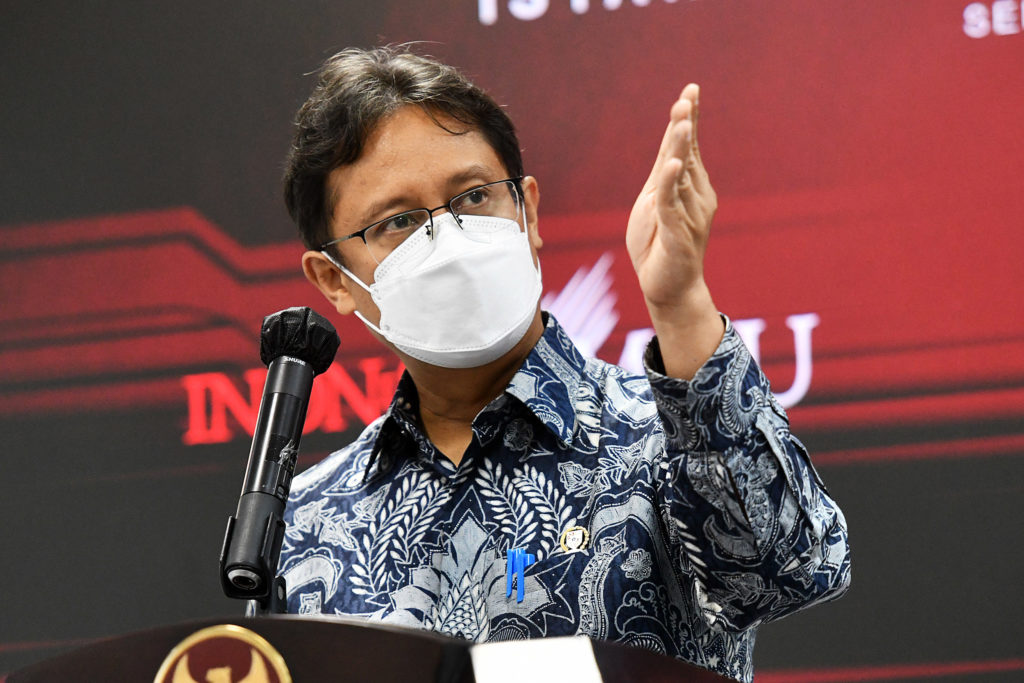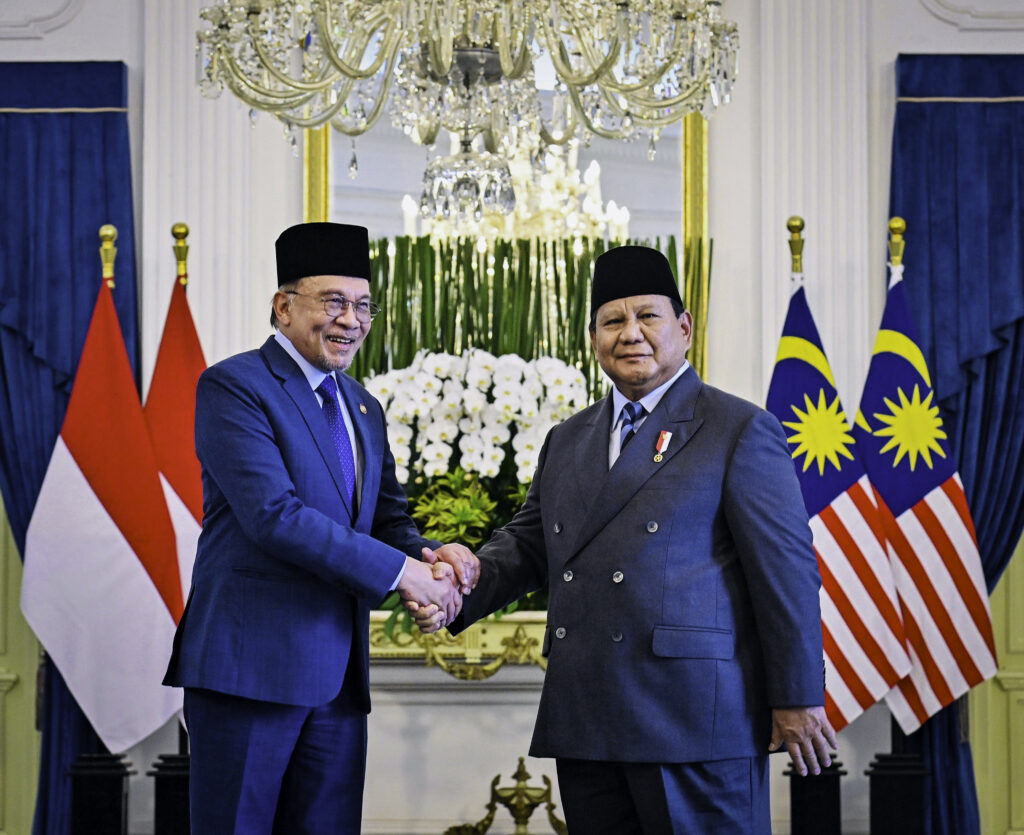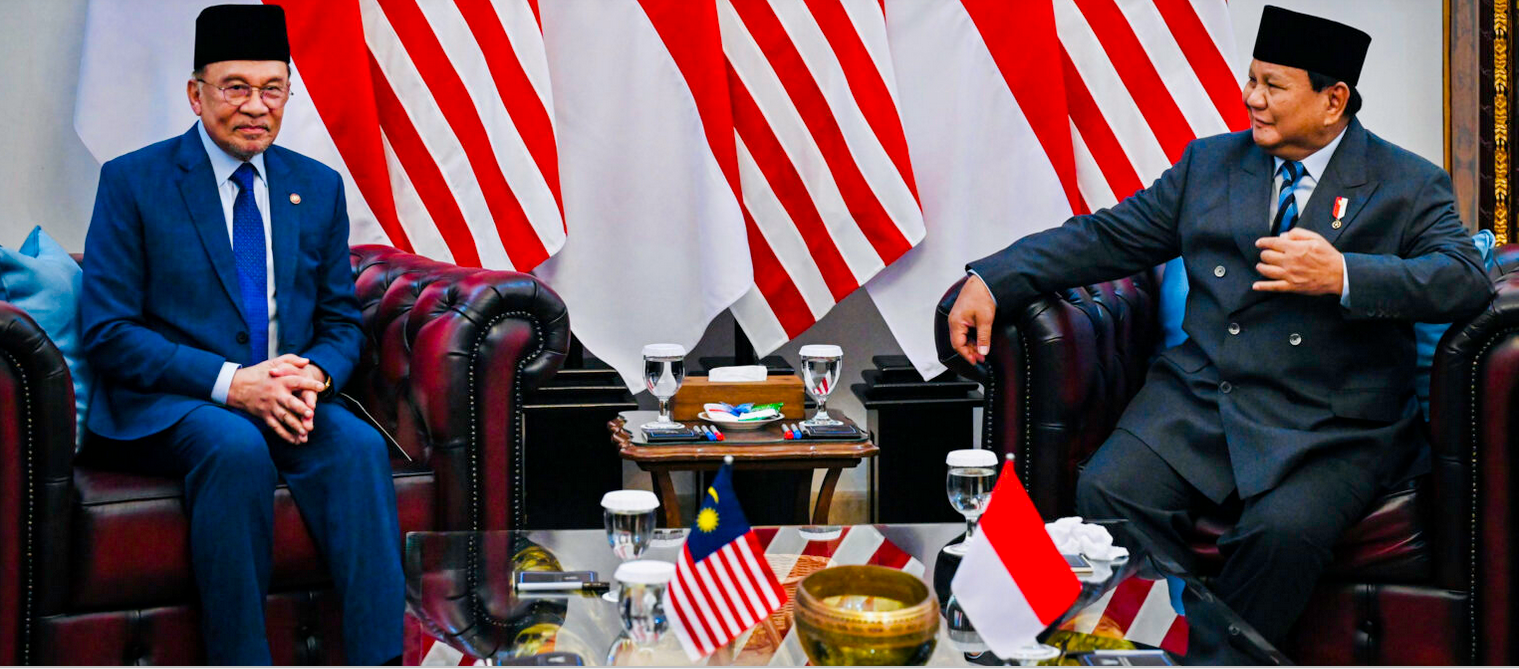Implementation of Health Protocols Must Be Tightened, Minister Says

Minister of Health Budi Gunadi Sadikin
In addition to securing the availability of beds, medicines, and medical oxygen, the Government has deemed it necessary to tighten the implementation of health protocols to reduce the rate of COVID-19 transmission.
“The addition of hospitals will never be adequate if we don’t tighten up the upstream side. Therefore, President Joko “Jokowi” Widodo ordered the implementation of health protocols to be tightened. All Ministries/Institutions with the help of various media outlets are also urged to disseminate the protocols to the public, especially wearing masks,” Minister of Health Budi Gunadi Sadikin said in a joint press statement with Minister of Religious Affairs Yaqut Cholil Qoumas after attending a Limited Meeting chaired by President Jokowi, via video conference, Friday (16/7).
According to the Minister, the Government has prepared 900 beds plus 100 Intensive Care Unit (ICU) beds at Pondok Gede Hajj Dormitory Hospital.
“During the meeting, we also reported there were 300 additional beds at Cipto Mangunkusumo Hospital (RSCM) and 300-500 more beds prepared by Pertamina Jaya Hospital in Jakarta. Thus, there are a total of 2,000 additional beds for patients with moderate cases,” he said.
Budi went on to say that his Ministry and Ministry of Public Works and Public Housing (PUPR) will cooperate to build field hospitals in various regions in the country.
“In collaboration with Ministry of PUPR, we have visited Bandung and Central Java to identify several places for the construction of field hospitals that provide additional beds, if necessary. The team is now heading to Surabaya to ensure the needs of additional beds,” he said.
In the meantime, Minister of Religious Affairs Yaqut Cholil Qoumas said that his agency has also prepared a number of hajj dormitories in the country for COVID-19 treatment.
“Ministry of Religious Affairs recorded 31 hajj dormitories throughout Indonesia. As many as 27 dormitories will be used for the purposes of handling the COVID-19, be it converted into emergency hospital as in Pondok Gede Dormitory or into self-isolation centers,” Yaqut said, adding that another four dormitories were still under renovation.
Budi also pointed out that the demand of medical oxygen for COVID-19 patients has increased by 2,000 tons per day from its initial amount at only 400 tons per day. Ministry of Health would also cooperate with Ministry of Industry and domestic industries to meet the demand.
“In collaboration with Ministry of Industry, we will create excessive production capacity from domestic industries. There are about 240 to 250 tons per day of excess capacity that we can use from domestic industries,” he added.
Budi further said that the Government has taken measures to fulfill the supply of oxygen by using an oxygen concentrator. This is an electric oxygen-producing device that can be installed at home or hospital that can supply oxygen with a capacity of 10 liters or 5 liters per minute.
“The Government is planning to buy around 20-30 thousand oxygen concentrators that can provide around 600 tons of oxygen per day for hospitals and we can lend to those in need,” Budi said.
Regarding medicine for COVID-19 patients, Budi asserted that the supply of medicines that can be produced domestically is still relatively secured. In addition, the Government would continually strive to bring in three types of imported medicines to meet domestic demand.
“First, the antiviral drug Remdesivir from India, Pakistan and China. That’s now for the solution, assisted by Minister of Foreign Affairs so that India could reopen its export faucets. A total of 50 vials has arrived this week, another 50 vials are expected to arrive gradually every week. We have also opened access to China so that we can bring in any medicine similar to Remdesivir,” he said.
Budi also pointed out that the second imported drug that is difficult to obtain is Actemra. “We have also spoken with the CEO of PT Roche Indonesia and indeed there is a tight global supply, causing the current stock is still far from the country’s demand,” he said.
For that reason, the Government would continually seek alternatives to these drugs, one of which is from the United States. “The United States had quite a lot of drug stocksduring the first and second waves of the pandemic. Hopefully, we can bring them to Indonesia in the near future as an alternative medicine similar to Actemra,” Budi said.
On that occasion, Budi said that the third drug needed is Gammaraas, a category of drugs known as the intravenous immunoglobulin (IVIG) group manufactured in China.
“For now, we can bring in around 30 thousand vials of Gammaraas. However, we need it more and with the help of Ministry of Foreign Affairs, we’ll continue to negotiate with the Chinese Government regarding the medicine,” said the Minister of Health. (TGH/UN) (RIF/LW)








